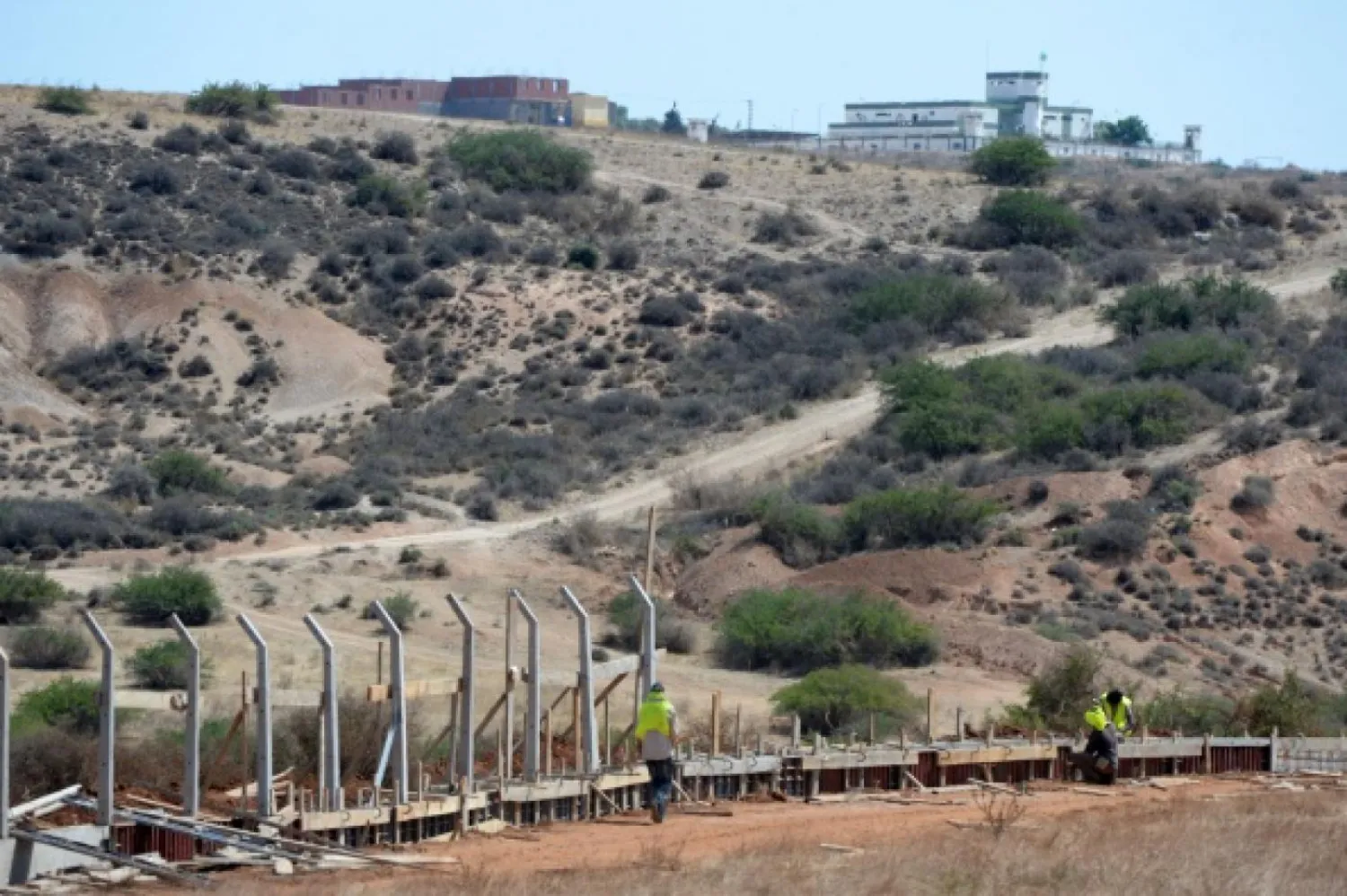Libya and Morocco signed a cooperation agreement to develop joint work in the field of human rights protection.
The agreement was signed during the visit of the president of the Libyan Council for Public Liberties and Human Rights, Omar Hijazi, to Morocco.
During the visit, Hijazi and the accompanying delegation met the head of the Moroccan National Council for Human Rights Amna Bouayach.
The Moroccan National Council, a governmental body, announced in a statement on its official Facebook page that a partnership and cooperation agreement was signed between the two national human rights institutions.
The Council declared that the agreement aims to establish and develop joint action and cooperation between the two sides to enhance the protection and advancement of human rights.
Under the agreement, the two bodies agreed to exchange experiences, collaborate on issues of common interest and work together to identify and initiate joint activities in the fields of human rights and public freedoms that fall exclusively within their respective jurisdictions.
Hijazi later held talks with Morocco’s Chief Public Prosecutor El Hassan Daki.
Discussions tackled means of cooperation and exchange of experiences on the public prosecution’s role in protecting rights and freedoms.
It is noteworthy that the agreement comes in light of the complaints of human rights organizations in Rabat about placing hundreds of Moroccan migrants in difficult human conditions in underground detention centers that lack ventilation and are flooded with rain.









